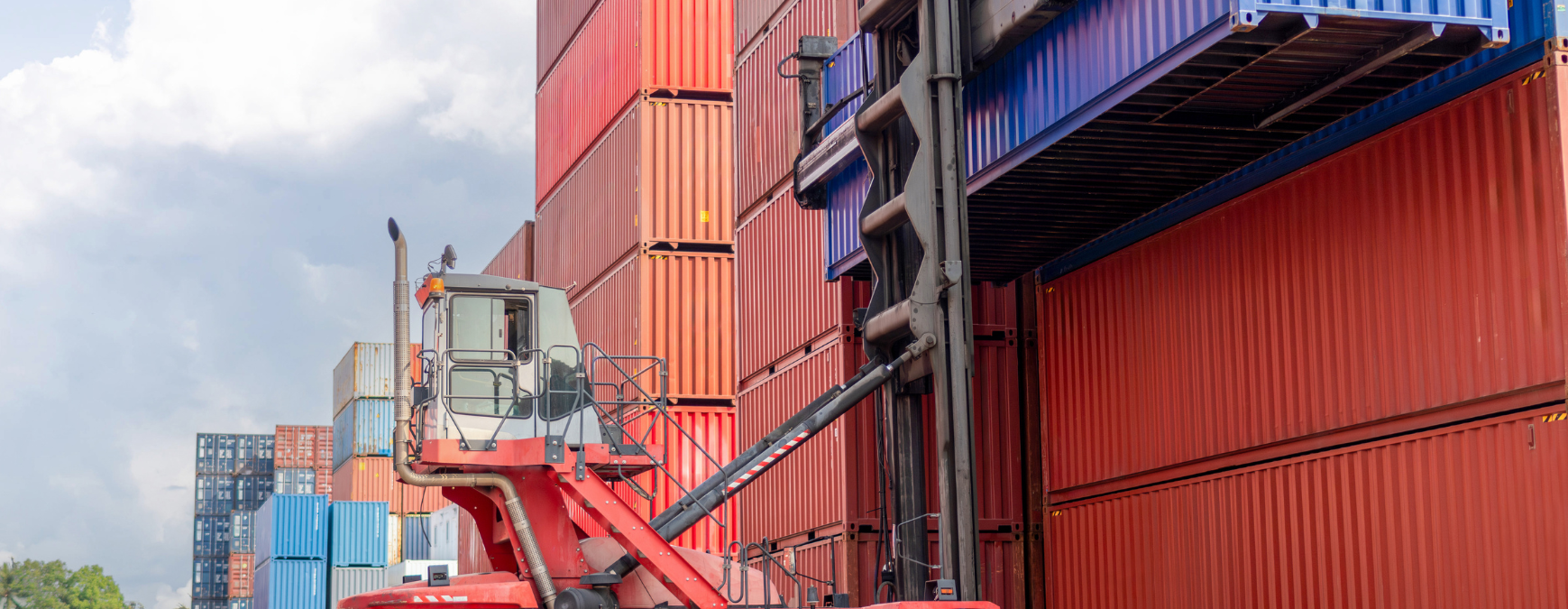Last week The Trade and Agriculture Commission (TAC) published its formal advice to the Secretary of State for Business and Trade on the UK-India Free Trade Agreement (FTA), concluding that the deal does not require any lowering of UK statutory protections relating to animal welfare, plant and animal health, or the environment. The report, presented to Parliament on 24 October 2025, confirms that existing standards will be upheld and, in some areas, strengthened.
The Commission found that the FTA’s liberalisation provisions are all subject to exceptions that match or exceed those in World Trade Organization (WTO) law. The report states that “the FTA does not constrain the UK’s right to regulate compared to WTO law and even reinforces such a right for certain environmental matters.” It also concluded that the agreement “does not otherwise affect the ability of the UK to adopt statutory protections in these areas.”
Environmental protection obligations were described as reinforcing the UK’s framework. The report highlights the UK’s “soft obligation to provide for high levels of environmental protection” and to ensure that trade or investment liberalisation does not occur through the waiving or weakening of environmental laws. The TAC also noted the UK’s ability to use dialogue mechanisms to encourage India to uphold its own environmental standards.
The report assessed potential increases in imports of products such as prawns, dairy, and leather. While animal welfare concerns were identified, particularly in prawn farming practices such as eye ablation and ice slurry slaughter, the TAC confirmed that the FTA would not prevent the UK from regulating such imports under public morals provisions, provided domestic law supported this stance. It added that the FTA would not limit the UK’s capacity to maintain border controls or apply sanitary and phytosanitary measures.
This advice offers reassurance to businesses that the UK-India FTA supports open trade without compromising domestic standards. It provides legal certainty for importers and exporters, particularly in agri-food, food processing, and animal-based product sectors. The findings also indicate minimal disruption for exporters from the Thames Valley region involved in trade with India.
The Thames Valley Chamber’s international trade team views this report as a welcome confirmation that UK businesses can trade with India under clear and stable conditions. The FTA supports market access while maintaining high regulatory integrity. For traders exporting agri-food, leather, or processed goods, this offers confidence that compliance expectations remain consistent.
While the FTA moves towards implementation, businesses should review product classifications and supply chain documentation. Exporters expecting preferential tariffs ought to confirm eligibility and the certification steps involved. To support this preparation, our forthcoming India Trade Desk will support members with certificates, origin evidence and market entry once the agreement takes effect. We will share further details shortly on our website and social channels.
For more information, contact our trade team on 01753 870560 or email trade@tvchamber.co.uk.
Read the original report: https://www.gov.uk/government/publications/uk-india-fta-advice-from-trade-and-agriculture-commission

